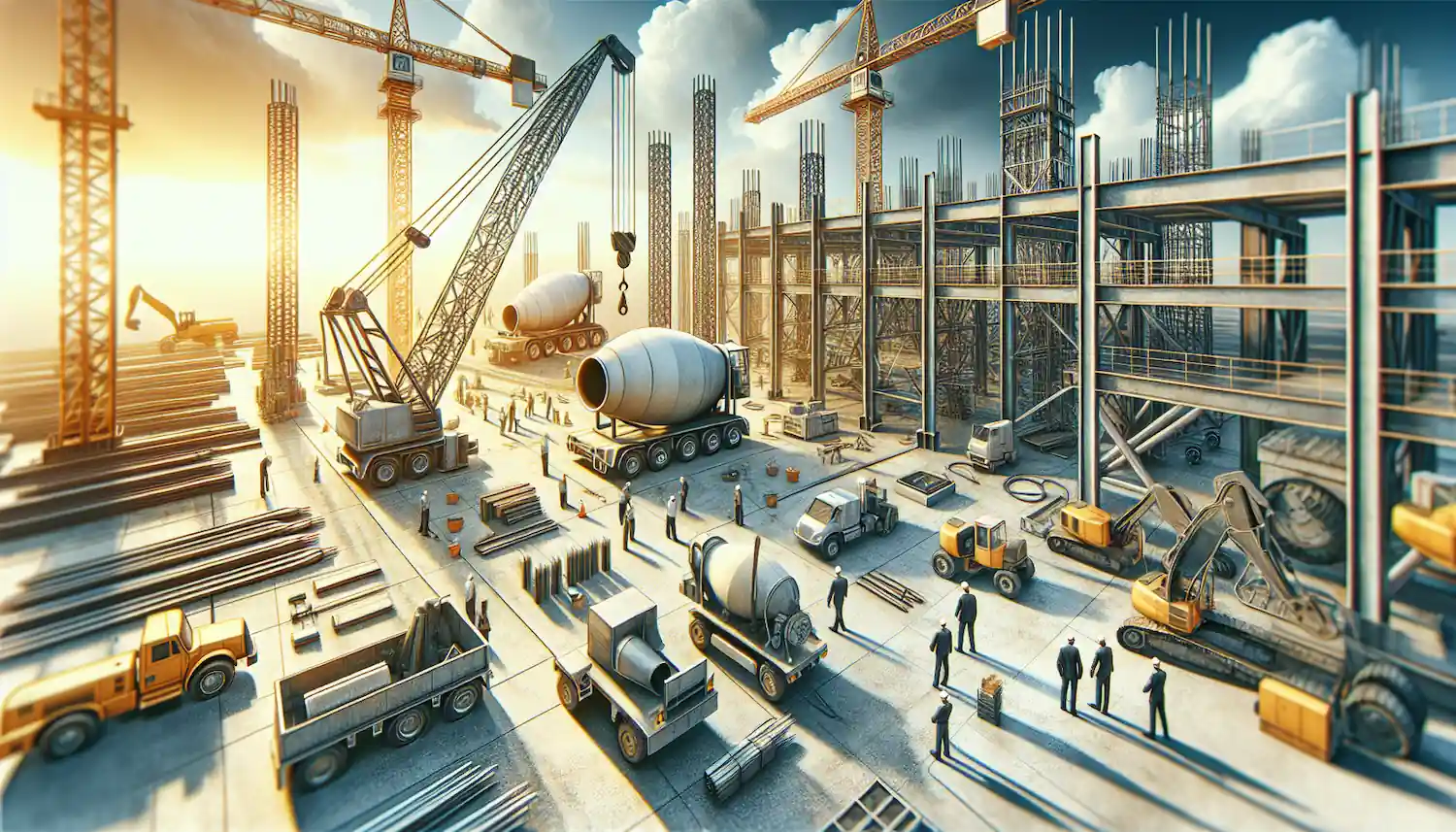Best Construction Heavy Equipment Brands: Pros and Cons
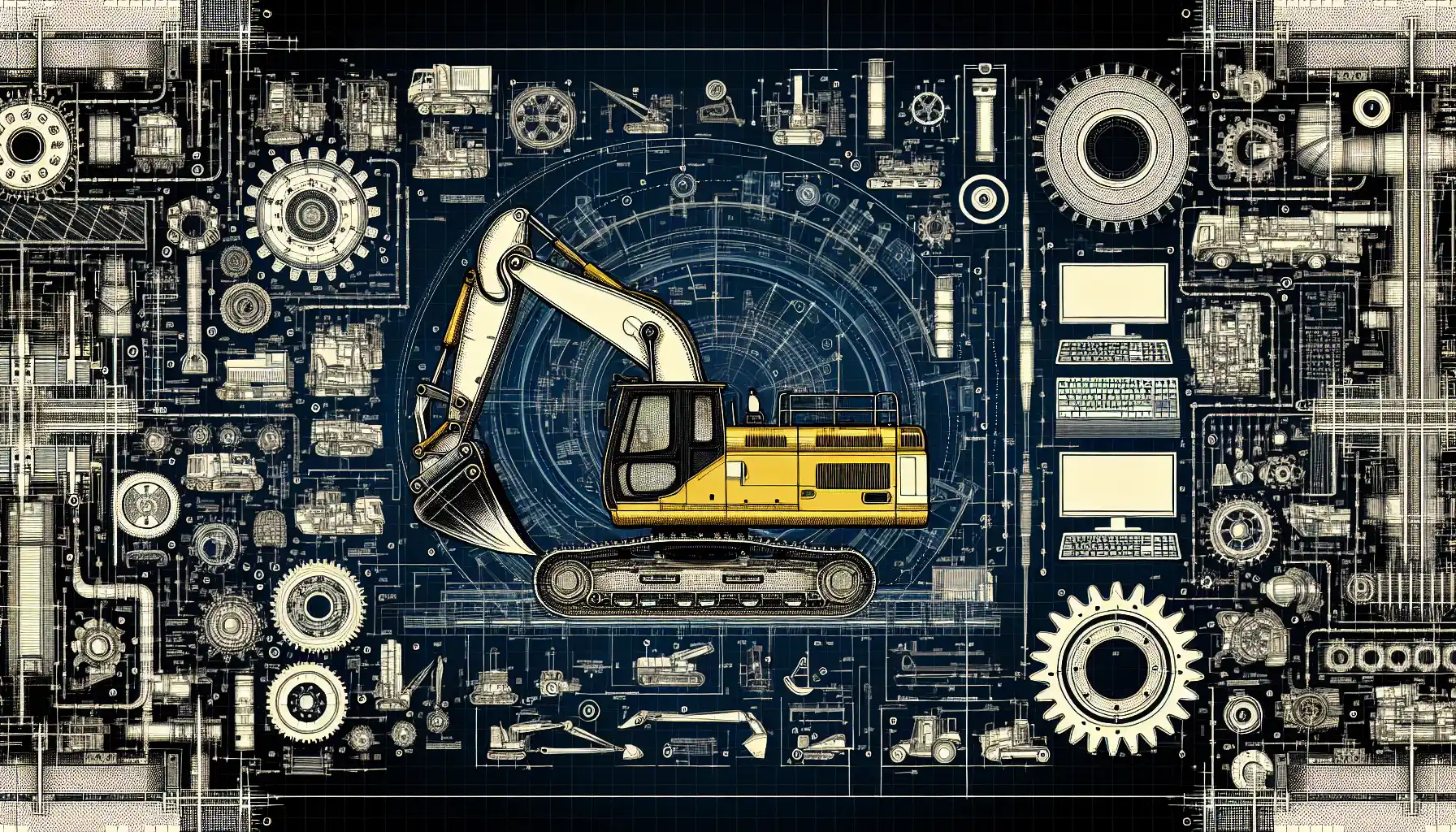
In the fast-paced construction and heavy equipment industry, selecting the right machinery for your projects is crucial to maximizing efficiency and minimizing downtime. With the myriad of choices available, it becomes essential to understand the distinctions between the best list of heavy construction equipment brands and their offerings. Given the sheer scale of investment required for heavy machinery, making informed decisions can lead to significant operational benefits and cost savings.
This article aims to shed light on some of the best heavy equipment companies, including Caterpillar, Komatsu, Volvo Construction Equipment, and John Deere, by discussing their pros and cons in the context of construction and heavy equipment operation.
Caterpillar
Overview
Caterpillar Inc., established in 1925, is a leading manufacturer of construction and heavy machinery, renowned for its innovative products and substantial market presence globally. The company designs, manufactures, and sells equipment worldwide, also offering financial and maintenance services to support its core operations.

A vibrant digital art depiction of a futuristic construction site infused with high-tech augmented reality interfaces, showcasing excavators, trucks, and digital data overlays.
Key Features
Caterpillar's commitment to innovation is evident in their integration of advanced technologies such as GPS, telematics, and automation into their machinery. This has not only enhanced the functionality and efficiency of their equipment but also the safety standards, with features like collision avoidance systems and improved visibility options. Additionally, Caterpillar OEM Solutions provide customizable machine configurations to meet specific project needs.
Pros and Cons
Pros:
- Industry Leadership: As the world's largest construction equipment manufacturer, Caterpillar offers an extensive product range known for its quality and durability.
- Technological Advancements: With heavy investments in R&D, Caterpillar equipment features cutting-edge technology that boosts efficiency and productivity.
- Strong Resale Value: Thanks to their robust construction, Caterpillar machines maintain high resale values, benefiting contractors financially.
Cons:
- High Initial Costs: The superior quality comes with higher upfront costs, which might be prohibitive for some buyers.
- Maintenance Costs: While built to last, the replacement parts and maintenance for Caterpillar machines can be costlier compared to other brands.
User Feedback
Users like Tom have found significant value in Caterpillar's built-in technology, such as 2D grading systems and payload systems, which have increased efficiency and safety on their job sites. The ability to integrate smart attachments and other advanced features has made operations smoother and more cost-effective.
Use Cases
Caterpillar equipment plays a crucial role across various sectors. In construction, their machinery like excavators and bulldozers are pivotal for earthmoving and grading tasks. In mining, Caterpillar's robust equipment like haul trucks and drilling rigs are essential for efficient mineral extraction. The agricultural sector benefits from their tractors and harvesters, which enhance farming productivity.
If you're considering upgrading your equipment or need advice on the best options for your projects, consider reaching out to MCH parts for a free sourcing machinery or parts consultation and get a free quote.
Komatsu
Overview
Founded in 1921, Komatsu has evolved into a global leader in manufacturing construction and mining equipment, known for its advanced technology and reliability. With its headquarters in Minato, Tokyo, Japan, Komatsu serves industries ranging from construction to mining with a diverse product lineup.

Key Features
Komatsu's machinery is celebrated for its fuel efficiency and cutting-edge technology, such as the KOMTRAX remote monitoring system, which offers detailed insights into equipment performance. This technology is integral to maximizing operational efficiency and reducing costs.
Pros and Cons
Pros:
- Advanced technology and reliable performance.
- Notable fuel efficiency leading to cost savings.
Cons:
- Higher initial investment compared to some competitors.
- Limited service network which may affect parts availability and maintenance support in some regions.
User Feedback
Customers appreciate Komatsu for its durable and efficient machinery. The brand's commitment to innovation and quality has garnered a loyal customer base. However, feedback indicates that while the excavators are highly rated, some users find the dozers less satisfactory compared to other brands.
Use Cases
Komatsu equipment is pivotal in various sectors including construction, where their excavators and bulldozers play critical roles, and in mining and forestry, providing essential tools for efficient operations. Their technology-driven machinery, like the intelligent Machine Control 2.0, is designed to meet the rigorous demands of modern construction environments.
If you're planning to upgrade your machinery or need specific advice on Komatsu equipment, contacting MCH parts for a free sourcing machinery or parts consultation could be beneficial. Get a free quote to make informed decisions tailored to your needs.
Volvo Construction Equipment
Overview
Volvo Construction Equipment has established itself as a global leader in construction solutions, renowned for delivering premium products and services that emphasize power, performance, and sustainability. With a history spanning nearly two centuries, Volvo has been at the forefront of innovation, contributing to societal prosperity and sustainable development. This commitment positions Volvo as a major player in building strong and resilient societies worldwide.

Key Features
Each machine from Volvo Construction Equipment is built with quality, performance, and safety in mind, reflecting the standards expected from the Volvo name. The company offers a comprehensive range of services throughout the machine's lifecycle, aiming to reduce ownership costs and increase revenue for its customers. Volvo's dealerships play a crucial role, providing essential support and advice to ensure optimal machine performance and longevity.
Pros and Cons
Pros:
- Advanced technology and sustainability focus.
- Comprehensive customer service and dealer support network.
Cons:
- Higher upfront costs compared to some competitors.
- Potential issues with parts availability for older models.
User Feedback
Users have praised Volvo for their high-quality wheel loaders and excavators, noting the machines' power and precision. The ergonomic design and user-friendly controls enhance operator comfort, contributing to the brand's strong reputation. However, some users have reported challenges with hydraulic adjustments and software updates.
Use Cases
Volvo's equipment is crucial across various sectors, including construction, where their machines like excavators and wheel loaders are extensively used. They are also pivotal in mining and utility projects, where their innovative technology and robust construction ensure efficiency and sustainability.
If you're looking to upgrade your equipment or need tailored advice, consider reaching out to MCH parts for a free sourcing machinery or parts consultation and get a free quote.
John Deere
Overview
John Deere, established in 1837 by the blacksmith John Deere, has grown to be a leading manufacturer in agricultural, construction, and forestry equipment. Renowned for its durable and reliable machinery, the brand is symbolized by its iconic green and yellow equipment which serves a diverse range of industries.

Key Features
John Deere's machinery is equipped with advanced technology including GPS guidance, precision farming tools, and remote monitoring capabilities. These features are designed to enhance efficiency and productivity across various operations. The brand is also celebrated for its strong dealer network providing comprehensive parts and service support.
Pros and Cons
Pros:
- Renowned for high-quality and durable equipment.
- Extensive range of machinery suited for multiple industries.
- Strong dealer and customer support network.
Cons:
- Higher cost compared to some competitors.
- Some users find the technology integration complex.
User Feedback
Users consistently praise John Deere for the reliability and performance of its equipment. The brand's focus on customer satisfaction and continual innovation in machinery has helped maintain its strong market presence. However, the complexity of new technological features can be a challenge for some.
Use Cases
John Deere equipment is pivotal in industries ranging from agriculture to construction. Their tractors, excavators, and other machinery play critical roles in day-to-day operations, helping professionals tackle a variety of tasks efficiently. The brand's commitment to innovation is evident in its continual development of new solutions to meet the evolving needs of these sectors.
If you're considering enhancing your equipment fleet, reaching out to MCH parts for a free sourcing machinery or parts consultation could be beneficial. Get a free quote to explore the best options tailored to your needs.
Conclusion
Through the exploration of leading construction equipment brands, it becomes evident that the choice of machinery can significantly influence both the efficiency and outcome of construction projects. The detailed examination of Caterpillar, Komatsu, Volvo Construction Equipment, and John Deere has illuminated a diverse array of advantages and potential drawbacks associated with each, ranging from technological innovations to cost considerations.
By understanding these nuances, companies are better positioned to select equipment that not only aligns with their operational needs but also enhances their overall productivity.
Considering the critical role that the right equipment plays in achieving project success, taking advantage of expert advice becomes paramount. Consider reaching out to MCH PARTS for a free sourcing machinery or parts consultation, ensuring your business benefits from top-tier equipment and service.
This choice not only equips companies with the information necessary to make educated purchasing decisions but also opens the door to customized solutions that can drive their projects toward more efficient and profitable outcomes. Through such strategic equipment selection, businesses are poised to not only meet but exceed the demands of the ever-evolving construction industry.
FAQs
1. Which company is considered the leading manufacturer of construction equipment?
Caterpillar, commonly referred to as CAT, holds the reputation as the world's largest supplier and manufacturer of construction equipment. Other notable companies in this field include John Deere, Komatsu, Liebherr, XCMG, Develon, SANY, and Volvo Construction Equipment.
2. What types of heavy equipment are most commonly used in construction projects?
The most frequently utilized types of construction equipment include excavators, backhoes, bulldozers, graders, skid steers, articulated trucks, compact track loaders, and compactors, which are essential for tasks such as excavation and surface flattening.
3. What advantages does Komatsu have over Caterpillar in construction equipment?
Komatsu is often preferred for its excavators that require less frequent repairs compared to Caterpillar, offering cost savings over the equipment's lifespan. Additionally, Komatsu's mini excavators boast higher horsepower and provide more options suitable for mining applications than those offered by Caterpillar.
4. Which company is the largest dealer of construction equipment globally?
Caterpillar Inc., based in the U.S., is recognized as the largest global supplier of construction equipment, with sales amounting to $37.5 billion in 2022 and capturing a 16.3% share of the market.
Read More
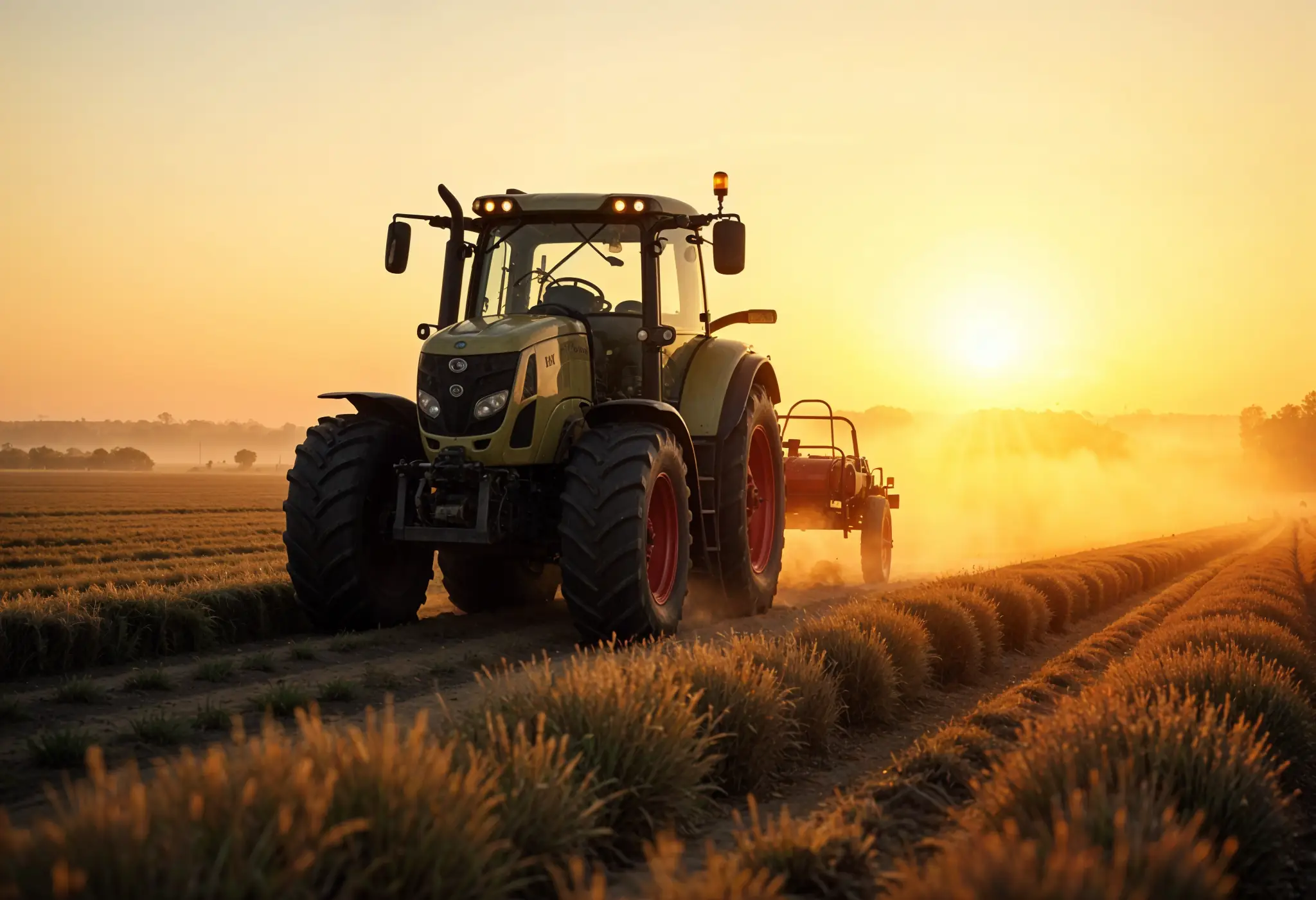
Top Hydraulic Components for Agricultural Equipment in 2025: Complete Guide
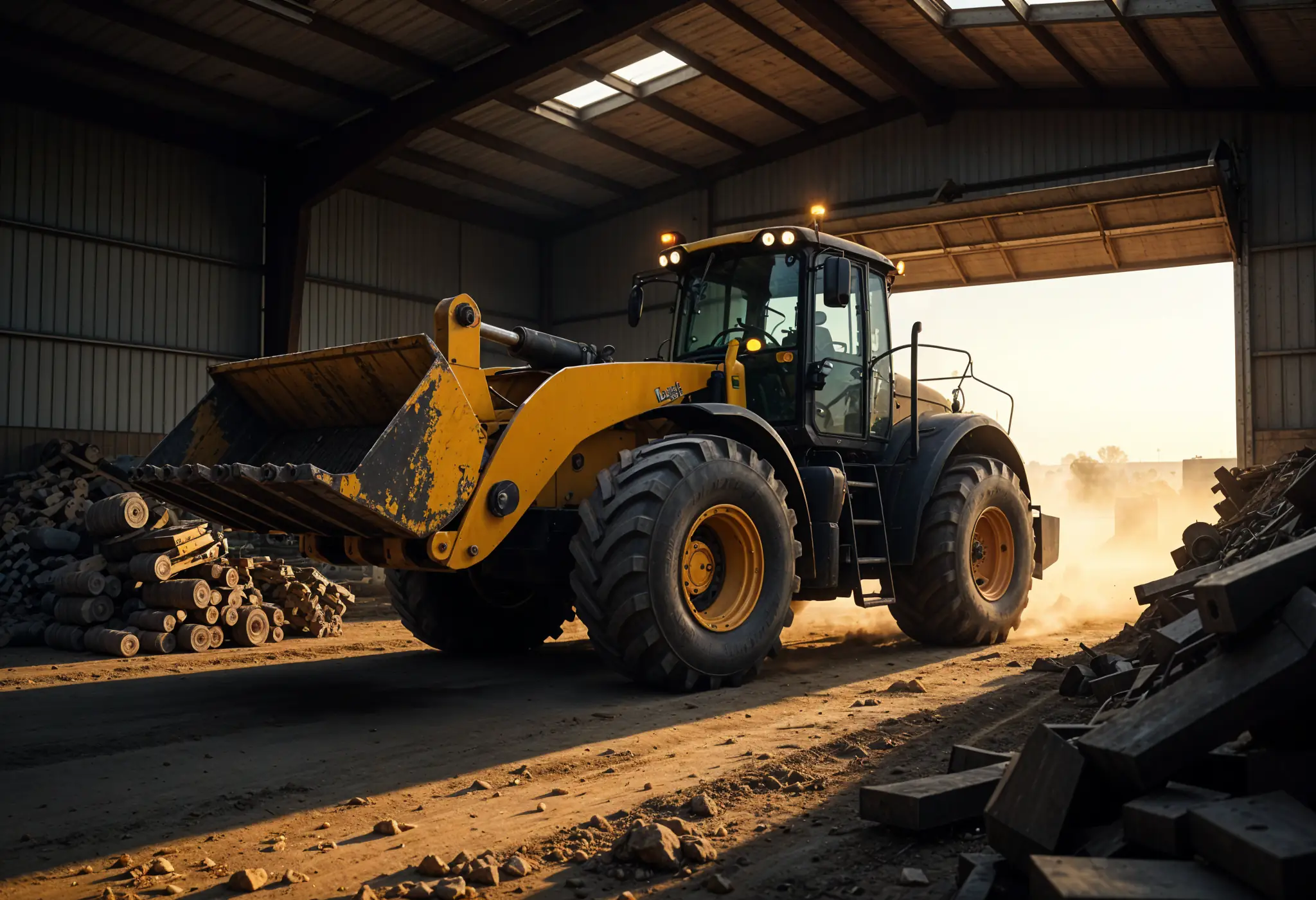
The Essential Farm Equipment Parts You Can't Afford to Run Out Of
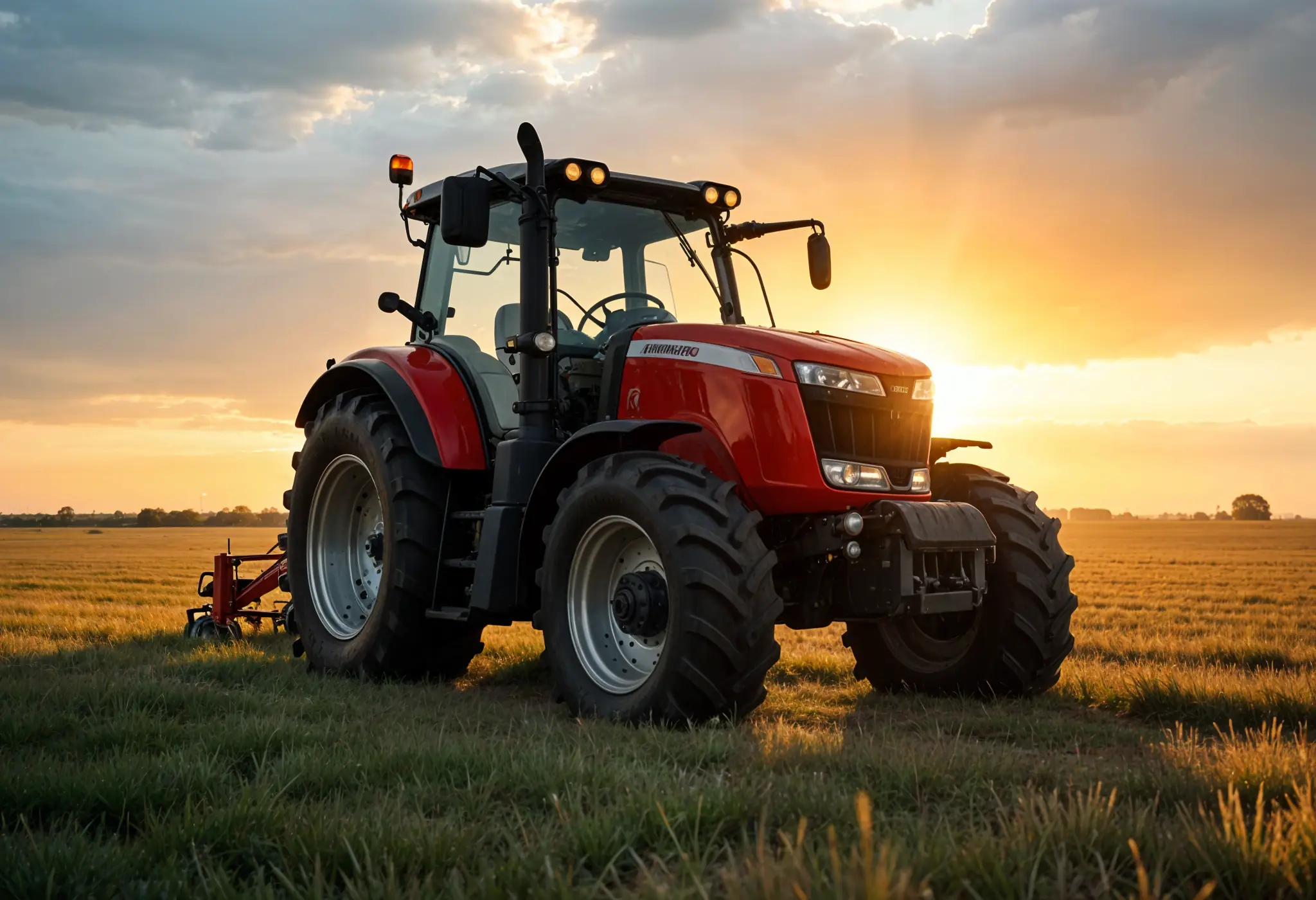
How to Service Farm Equipment: A Farmer's Guide to Zero Harvest Downtime
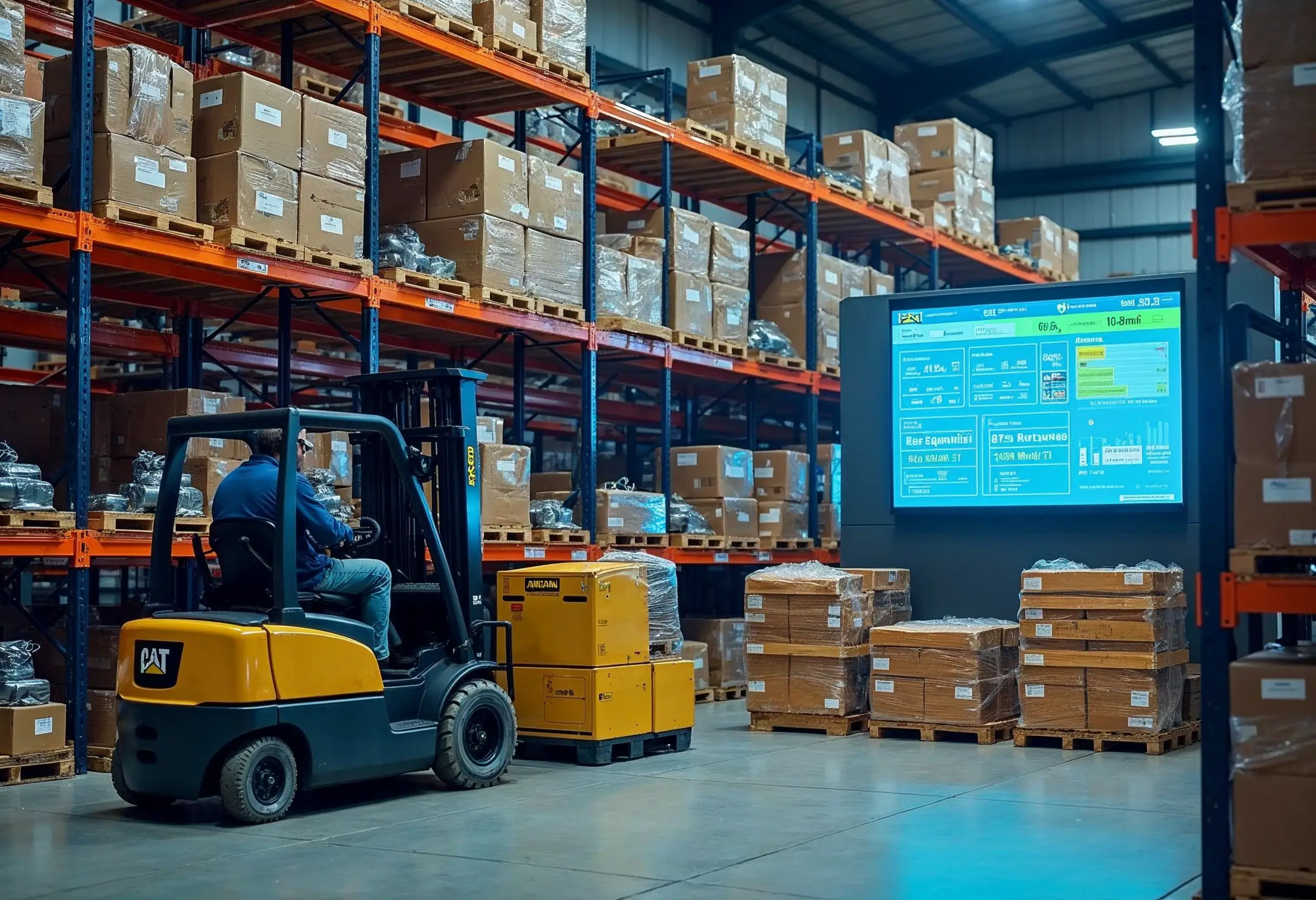
Construction Machinery Parts Suppliers: Expert Selection Guide
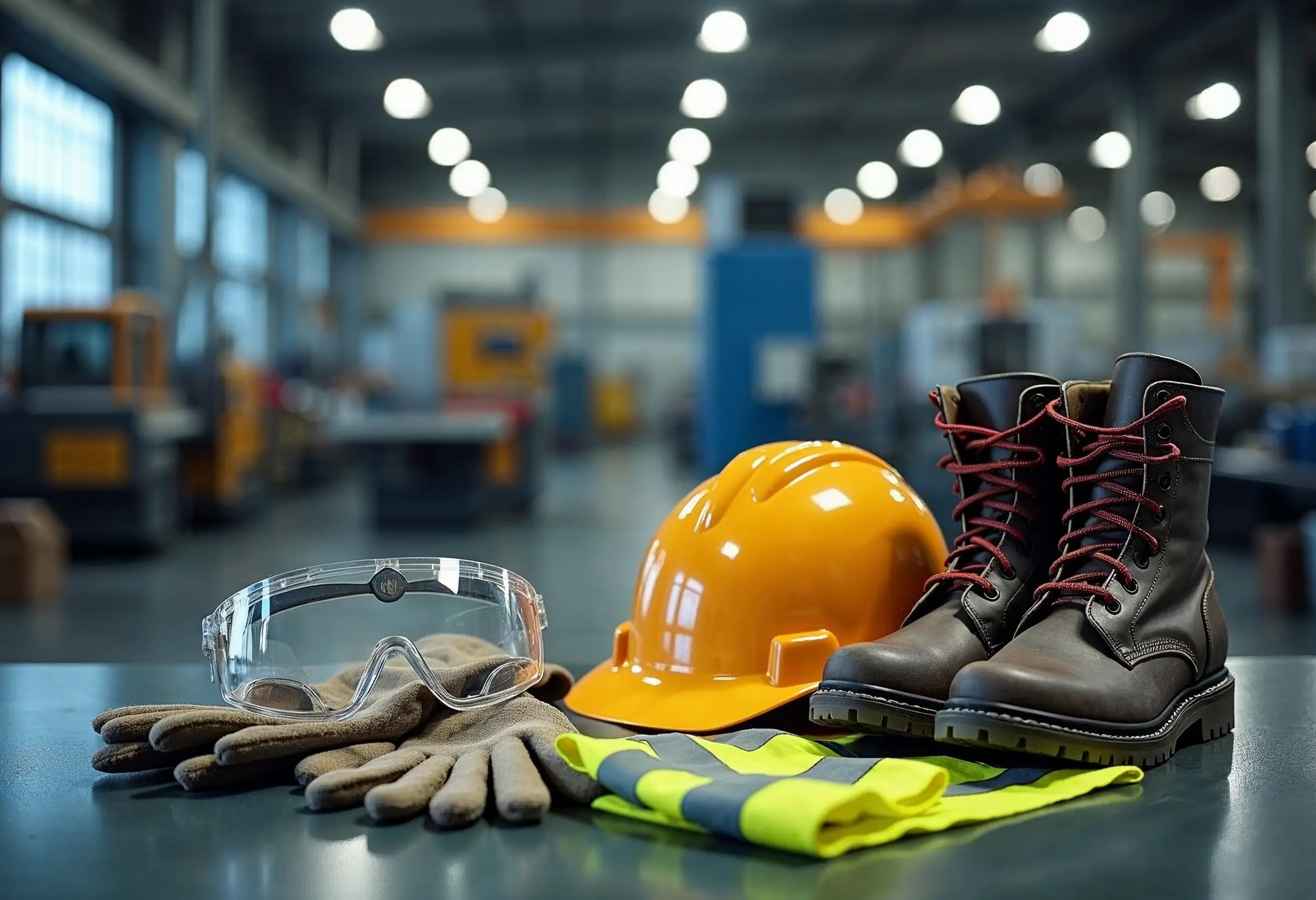
How to Apply Machine Safety Rules: From Selection to Installation

Smart Diagnostics Cut Heavy Equipment Failures by 73%

5 Ways to Assess the Environmental Impact of Heavy Construction Machinery
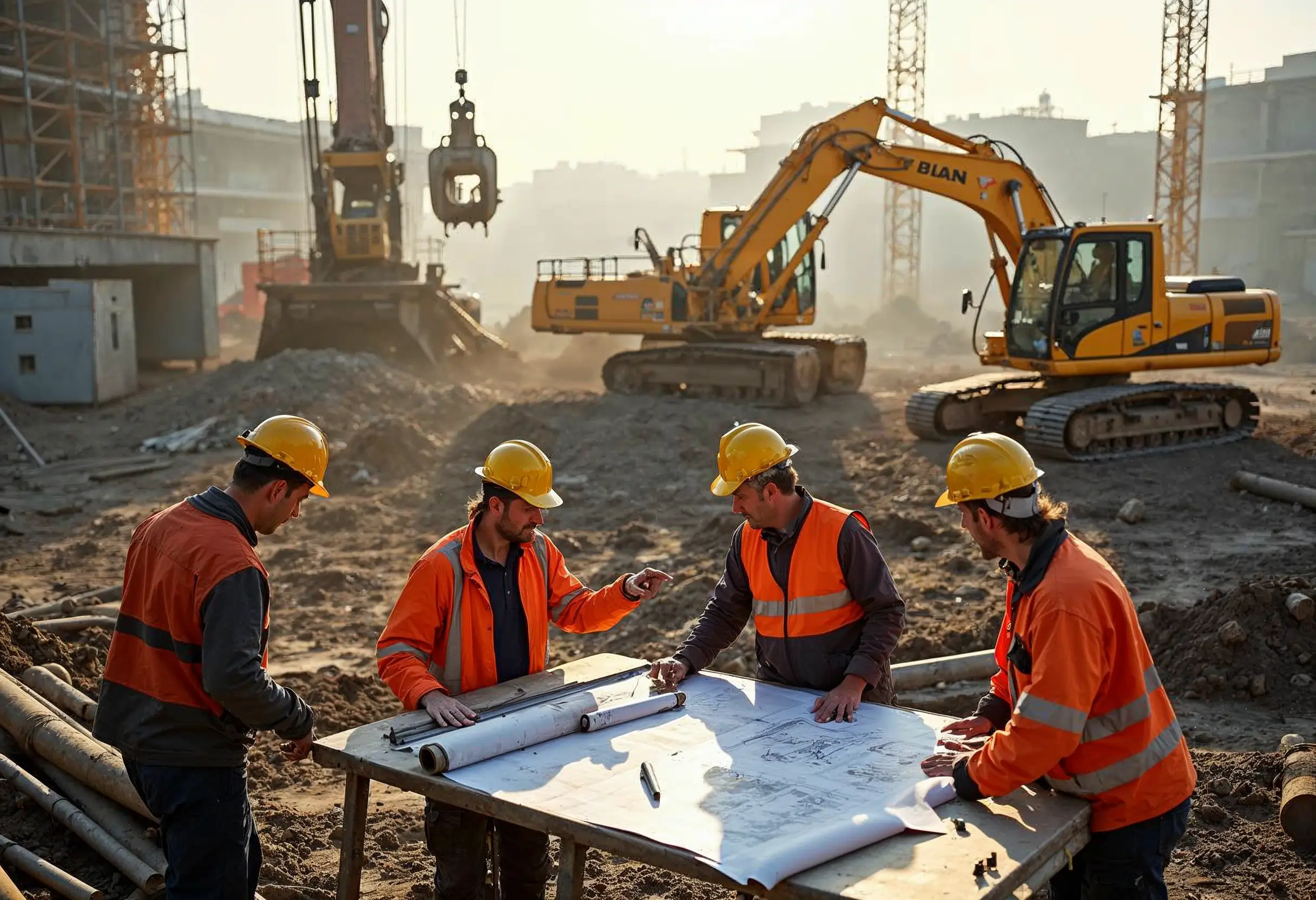
10 Smart Ways to Pick Construction Machinery for 2025 Projects
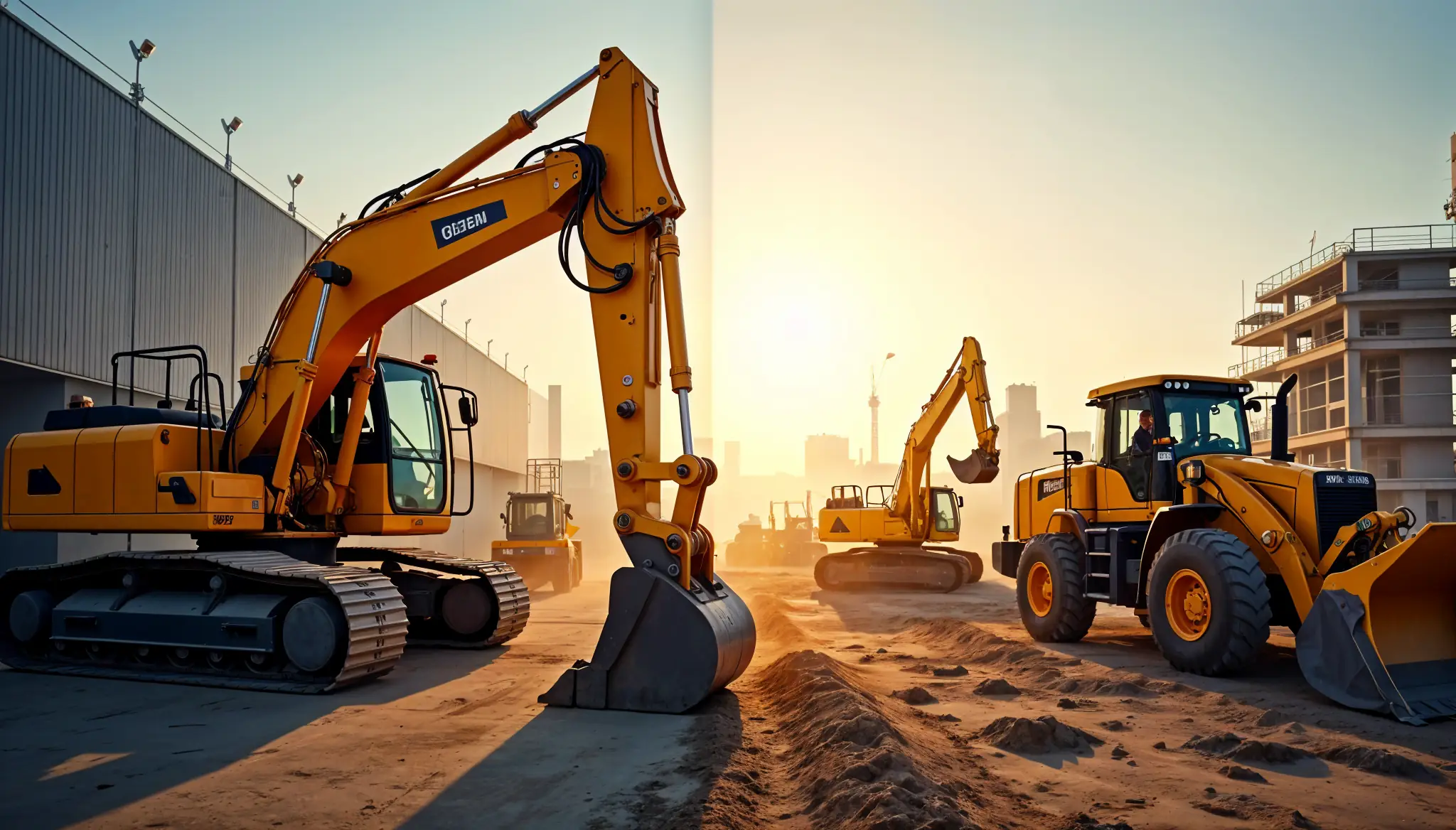
Rent vs Purchase Equipment: What Heavy Industry Experts Hide

How to Implement a Construction Inventory Management System for Equipment Efficiency
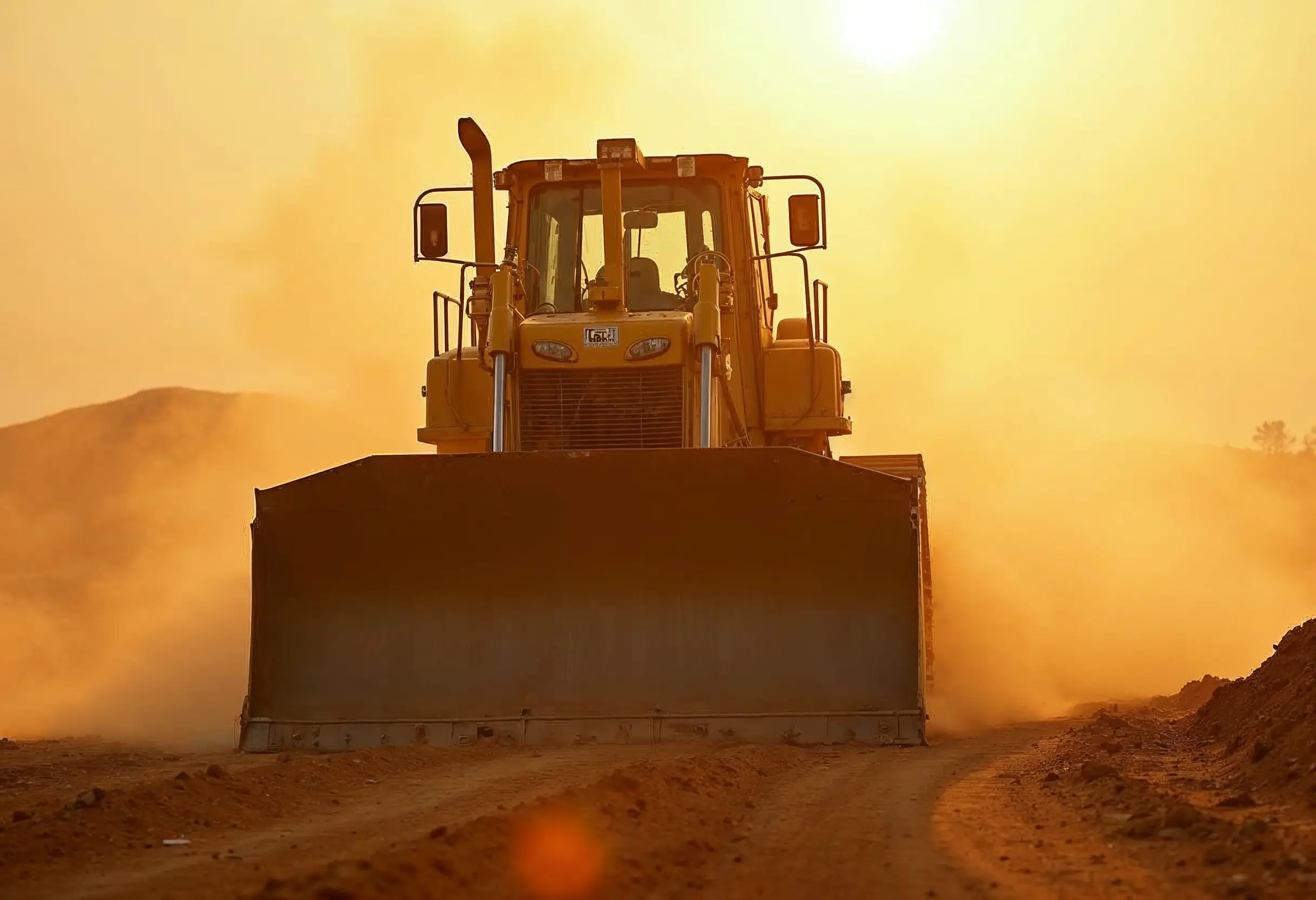
How to Extend Equipment Life Expectancy with Regular Maintenance
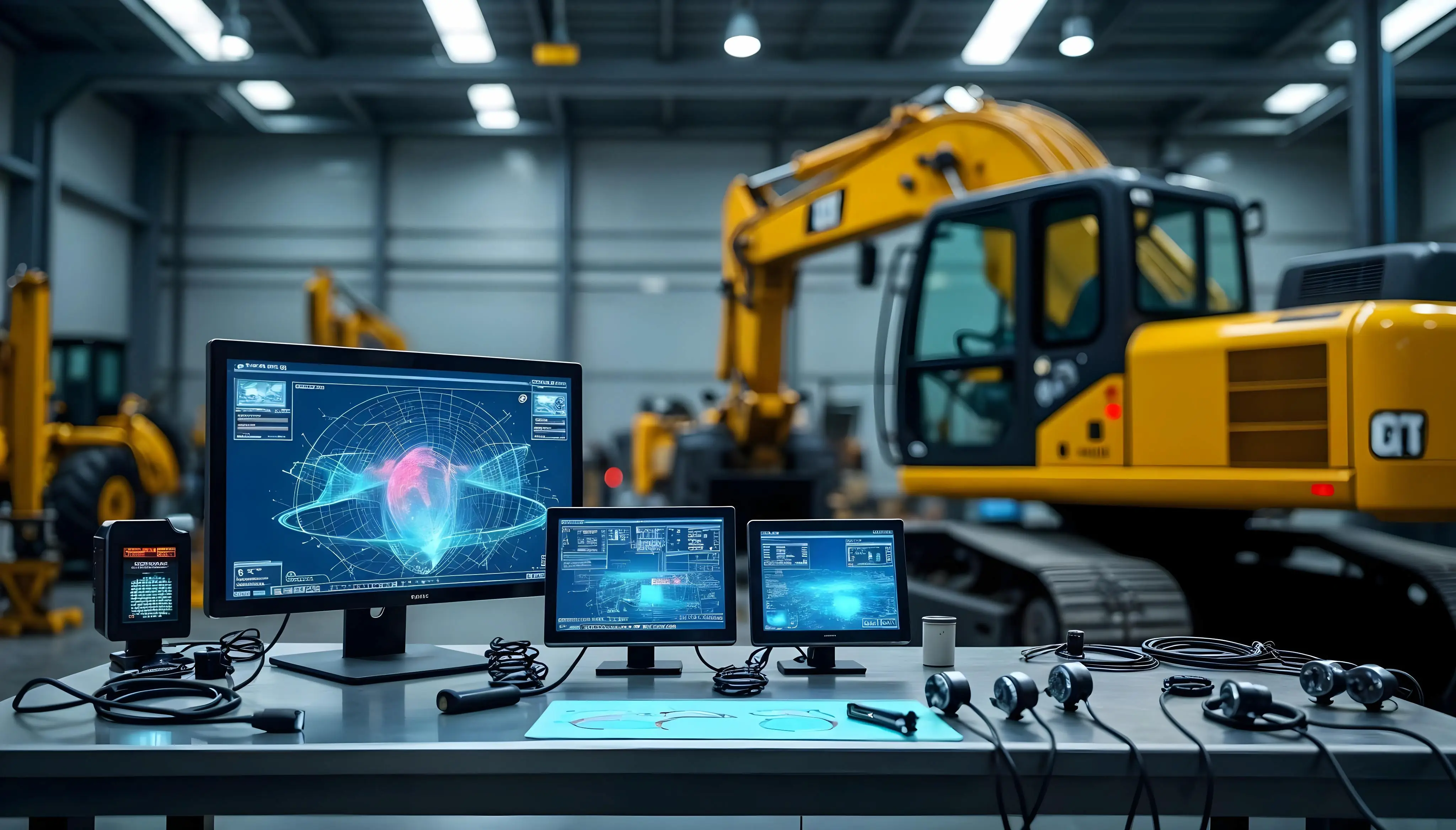
Advanced Heavy Equipment Diagnostic Tools: Ensuring Construction Machinery Quality
Essential Features Your Construction Equipment Inventory System Needs
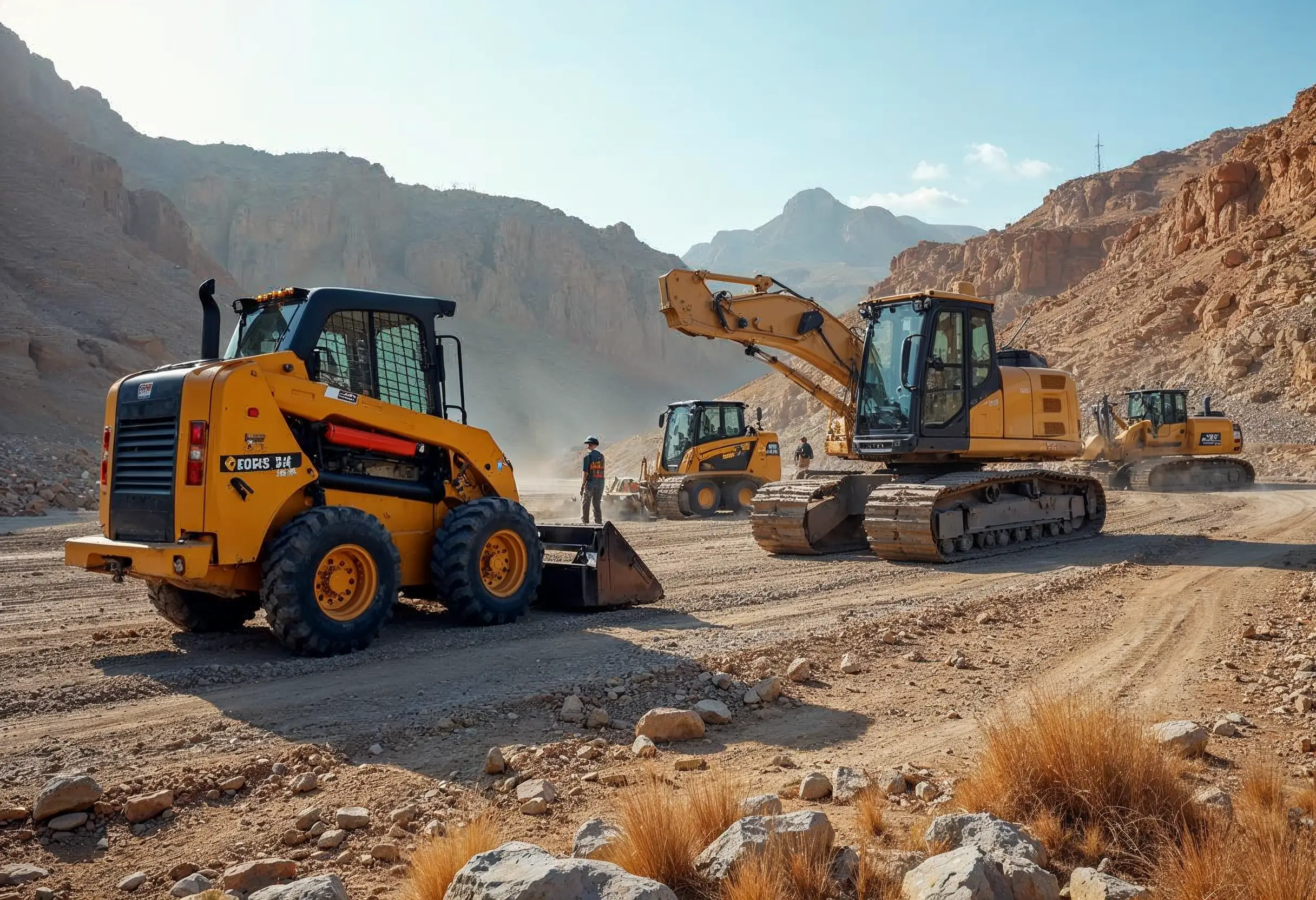
29 Quick Tips for Choosing Construction Equipment for Remote Locations

How to Select Construction Machinery with Optimal Equipment Maintenance in Mind
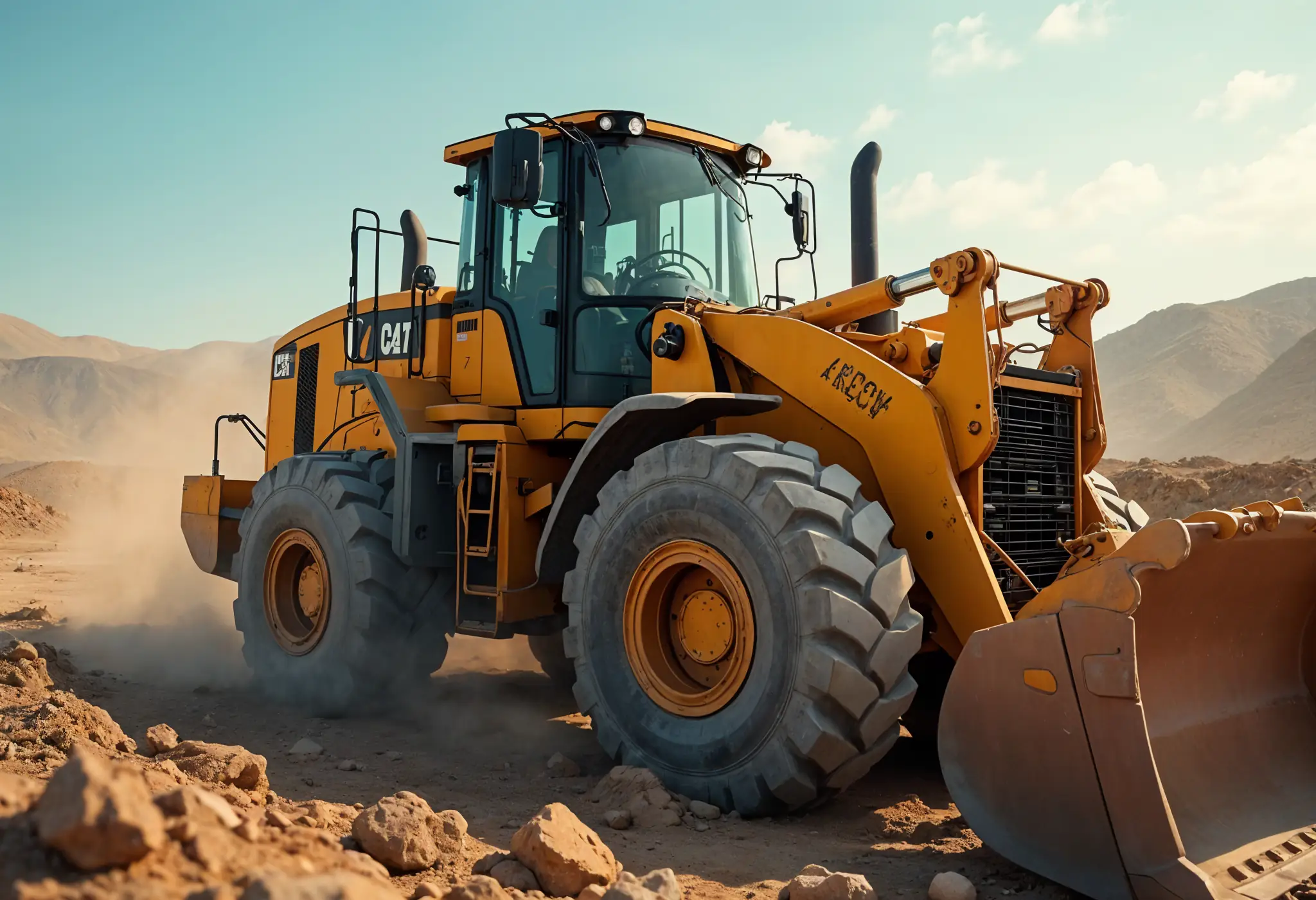
Top 25 Tips for Selecting Bulldozers for Construction Sites
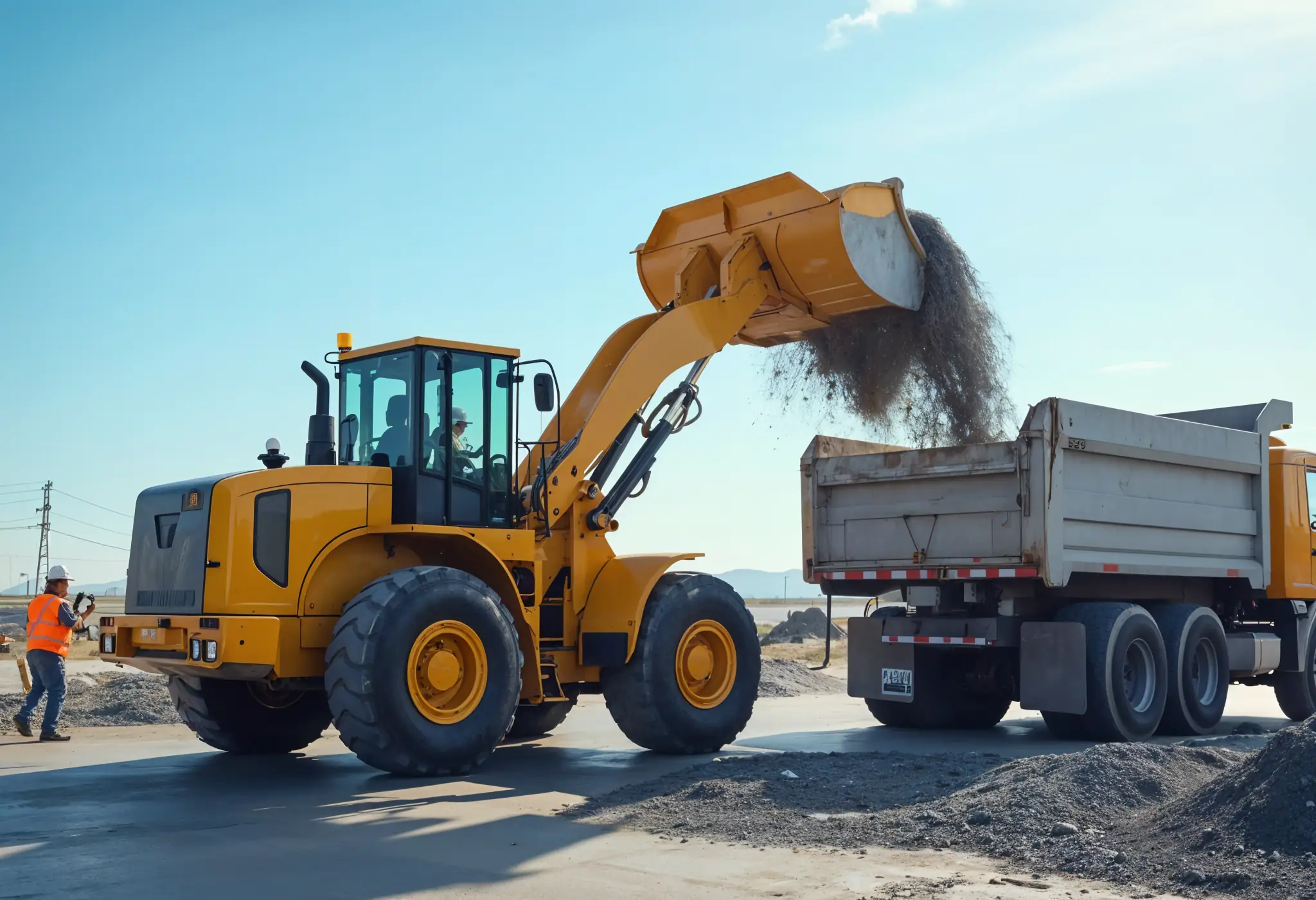
Which Construction Loader is Best for Your Project Needs?

4 Key Steps to Form a Construction Machinery QC Team

15 Essential Tips for Selecting the Perfect Crane for Construction

Maximize Savings: Multi-Purpose Construction Machinery for Lower Costs
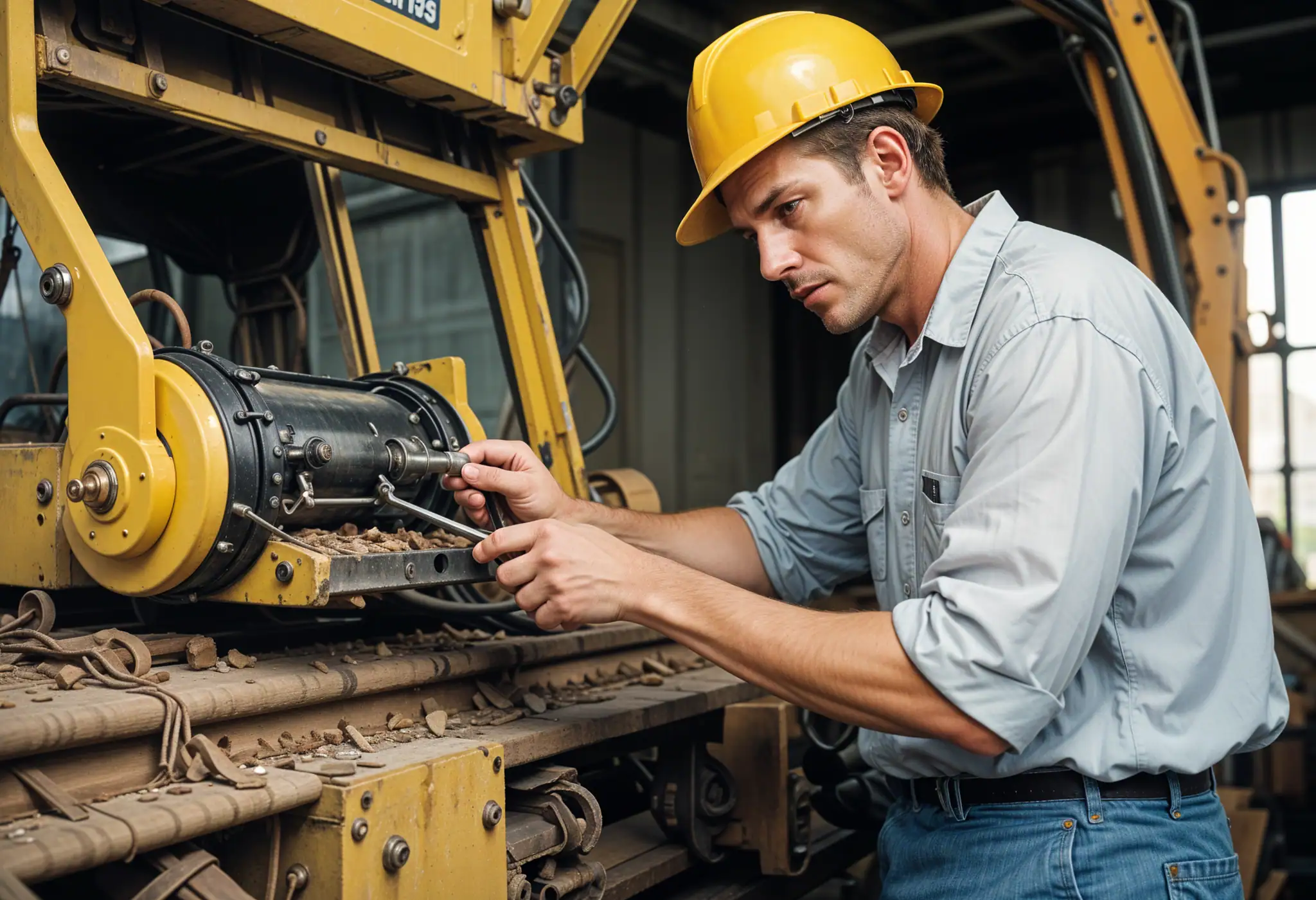
Affordable Heavy Equipment Parts: A Sourcing Guide
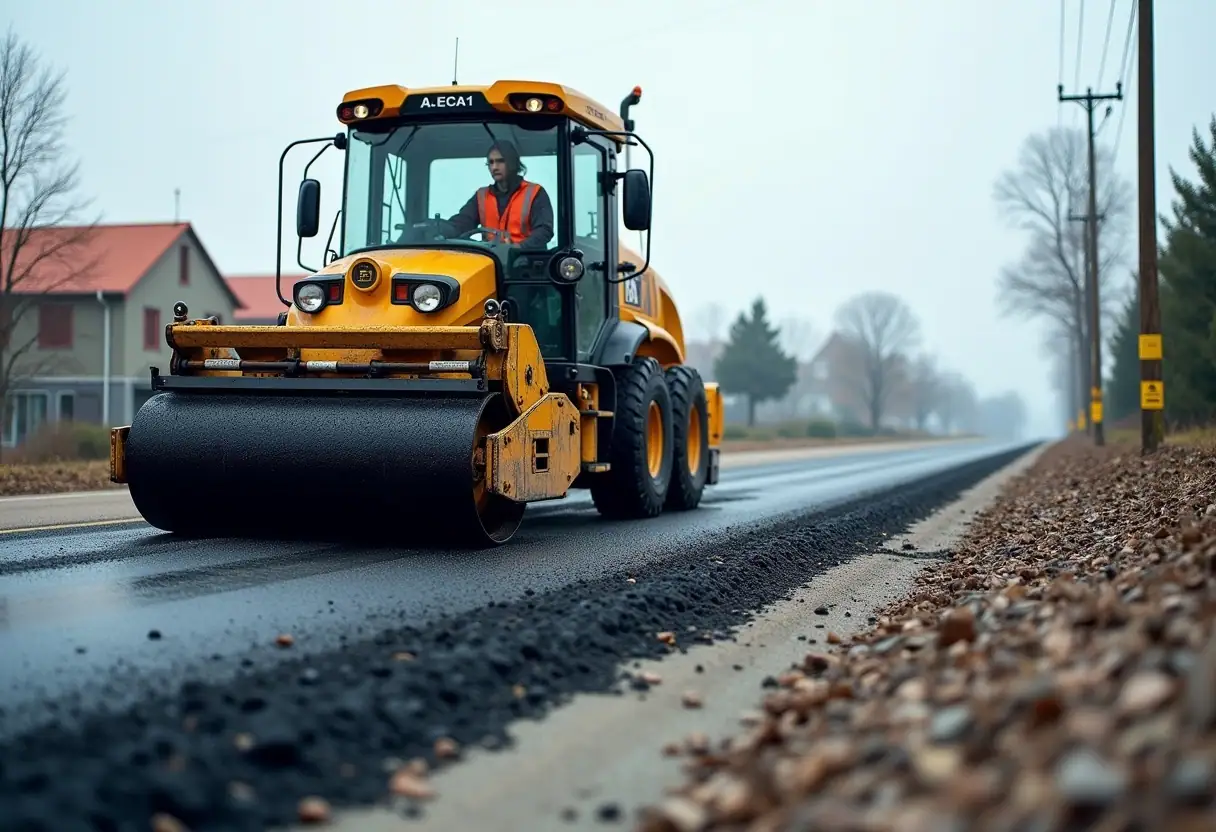
Choosing the Right Road Construction Equipment: A Complete Guide
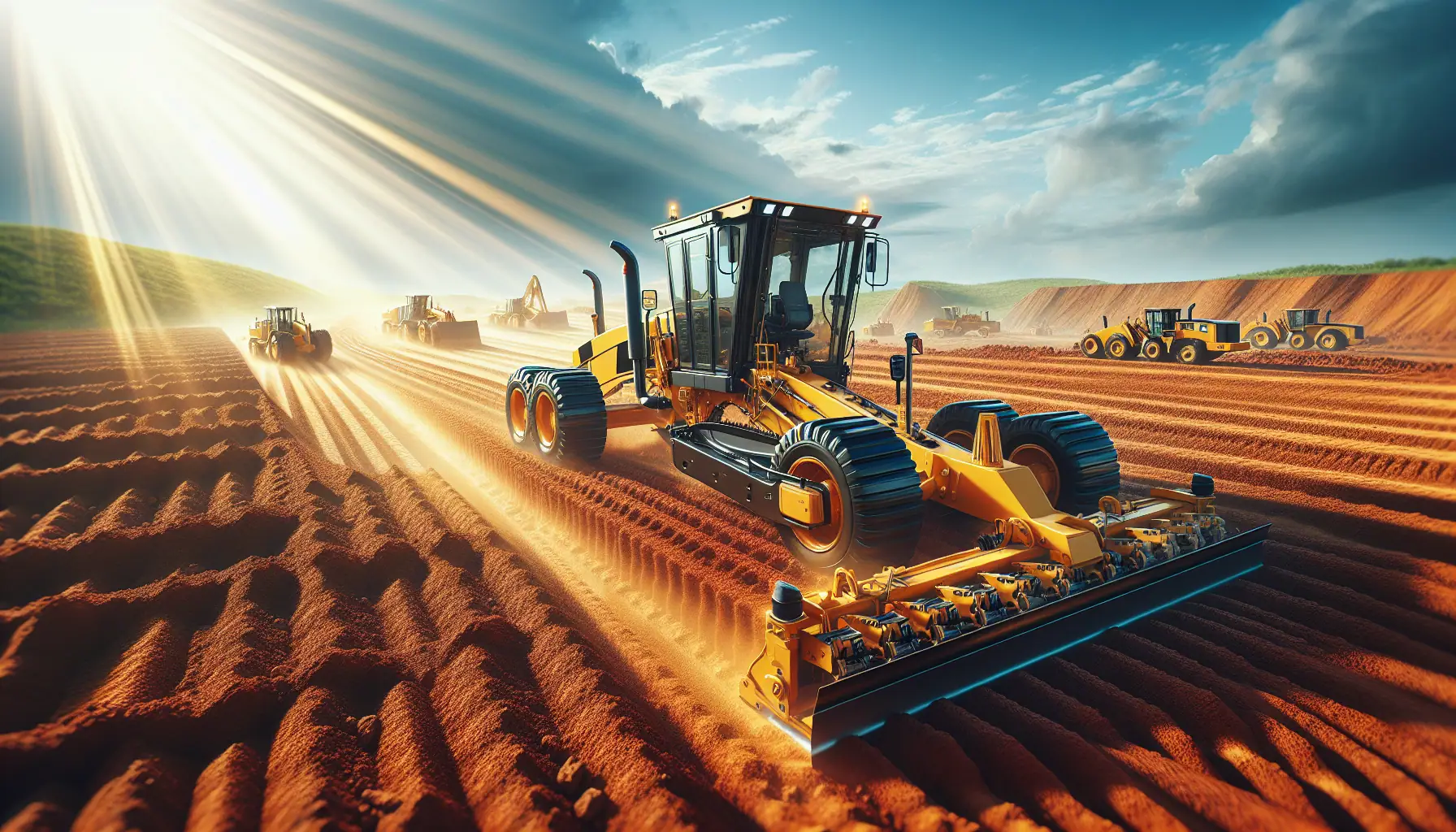
Motor Graders: Key Elements to Consider for Optimal Selection
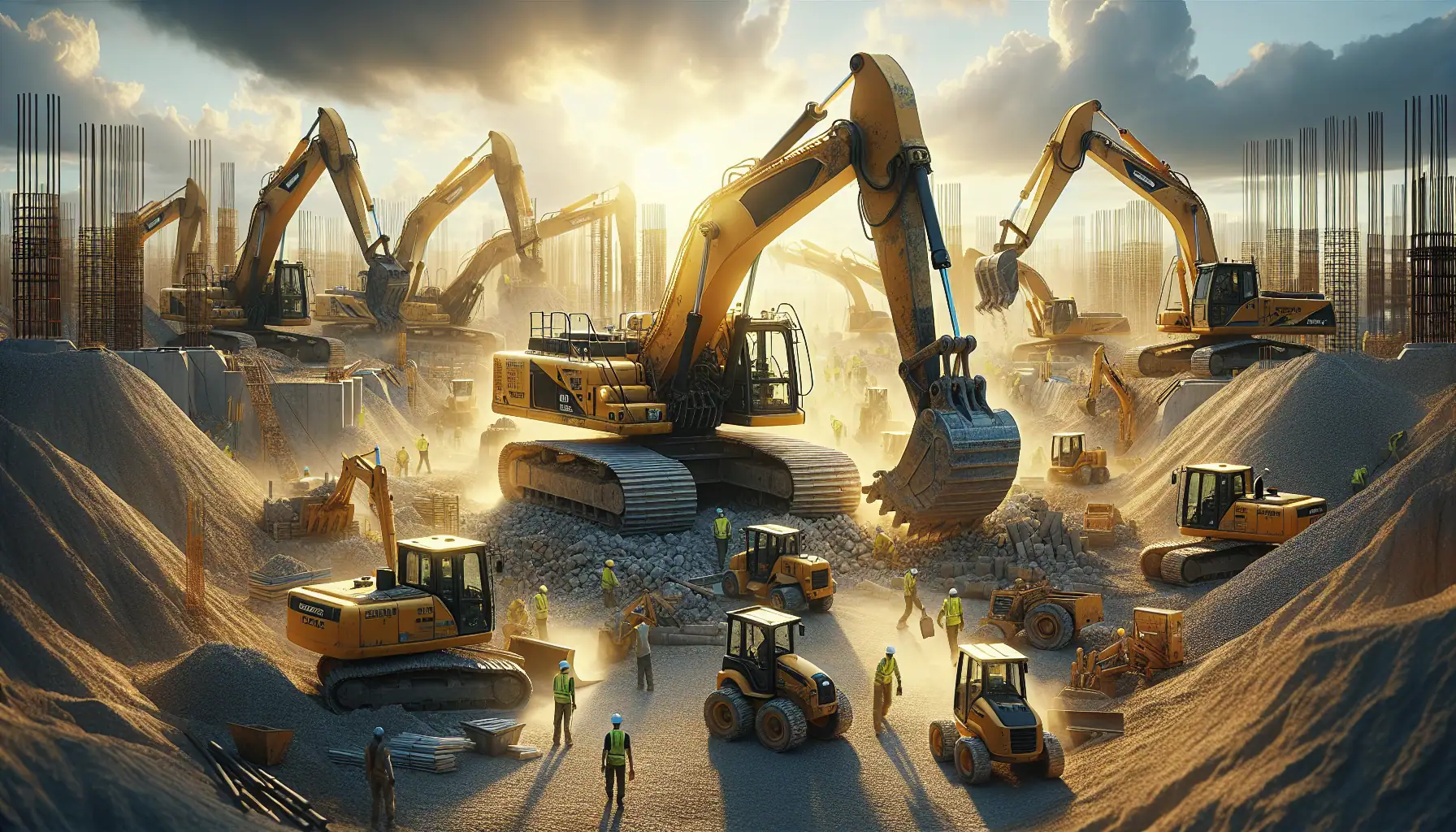
A Detailed Guide to Choosing Excavators for Construction Work
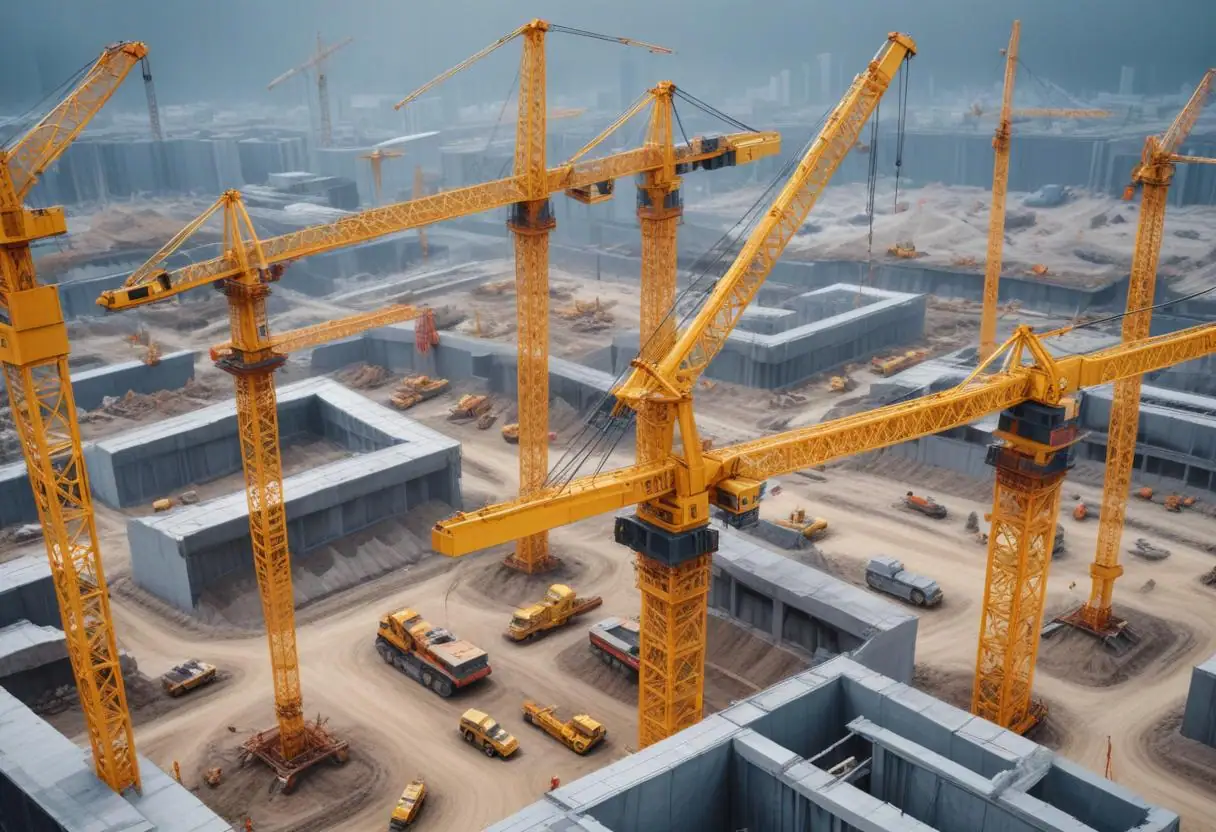
Top Tips for Choosing Cranes for Construction Projects
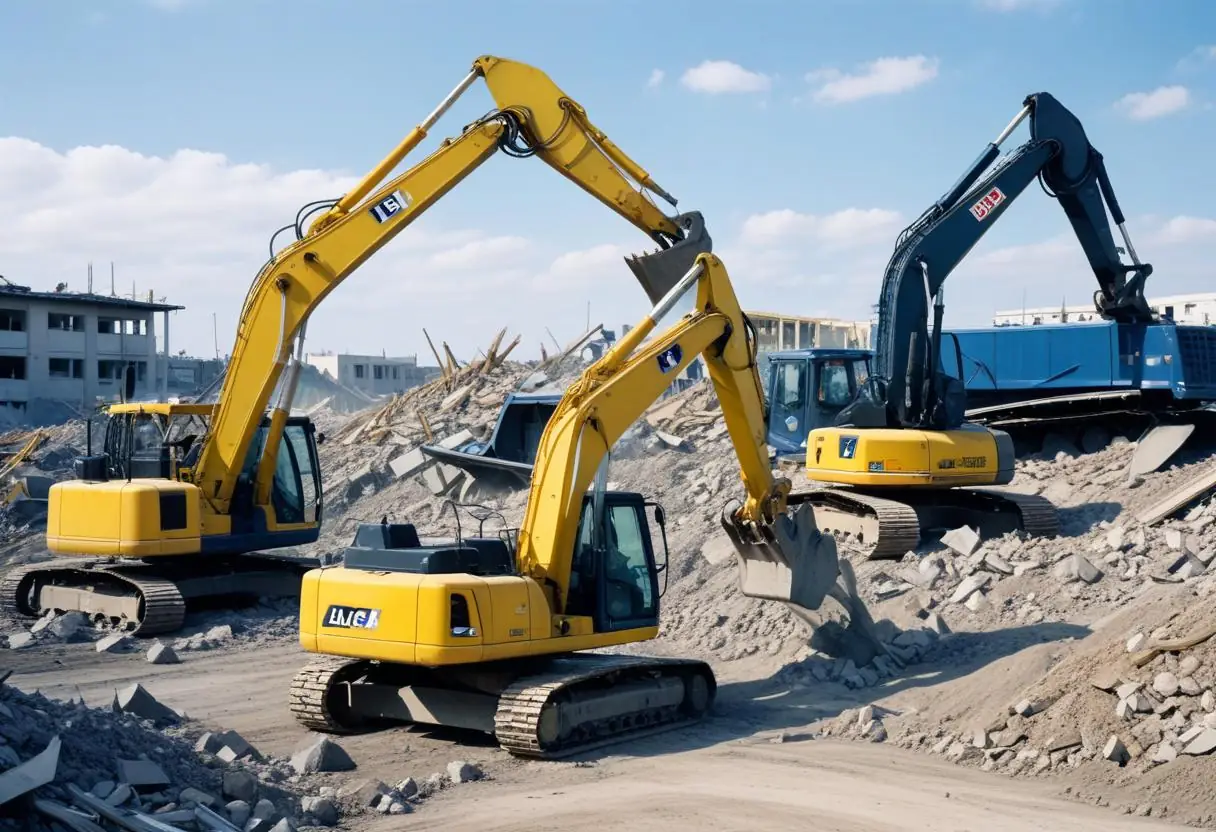
5 Top-Rated Demolition Machines for Construction Professionals

Expert Tips on Choosing Earthmoving Equipment for Large Projects
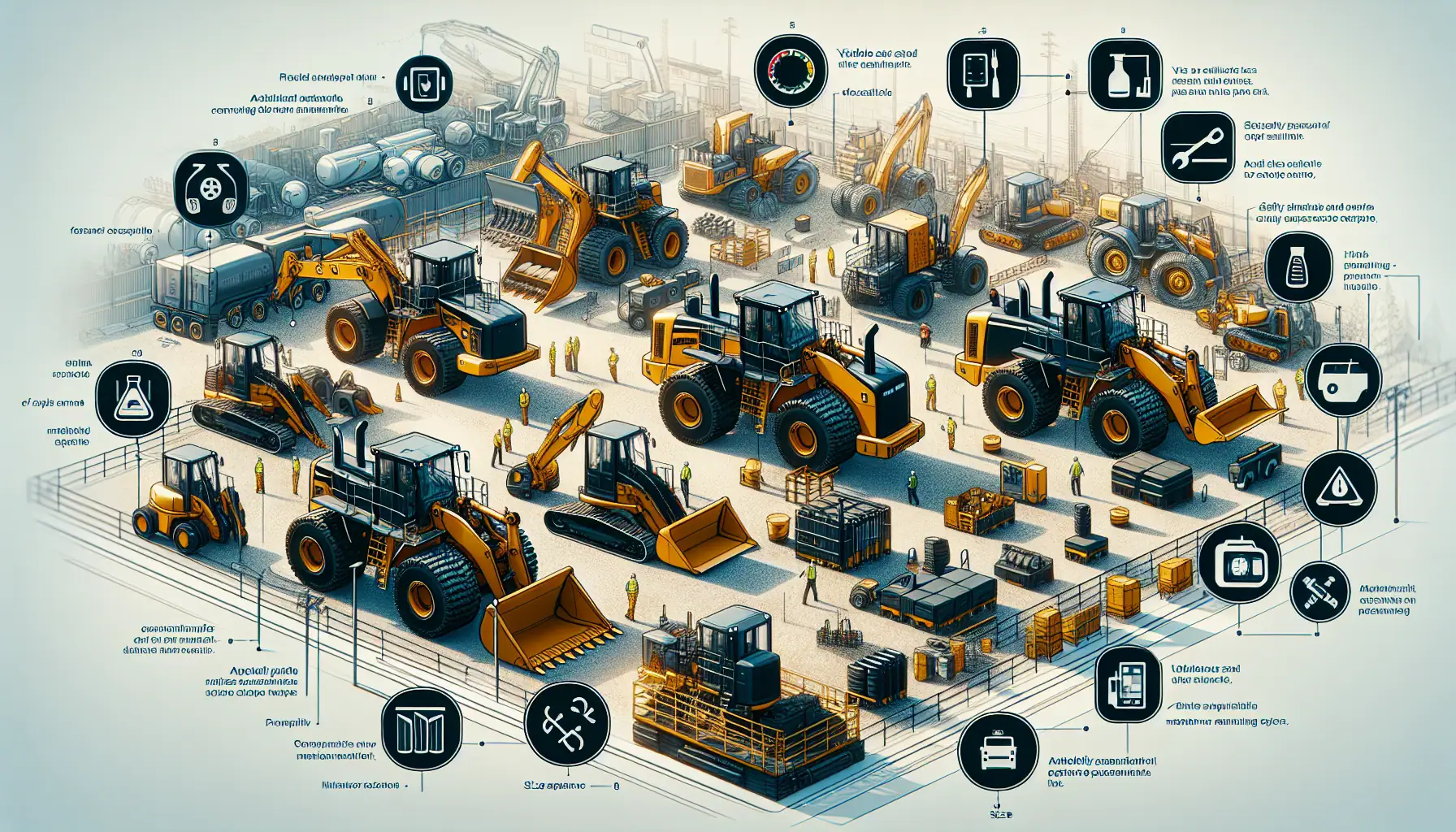
Top Functional Criteria for Selecting Heavy Construction Equipment

Construction Machinery: Detailed Guide to Equipment Specifications
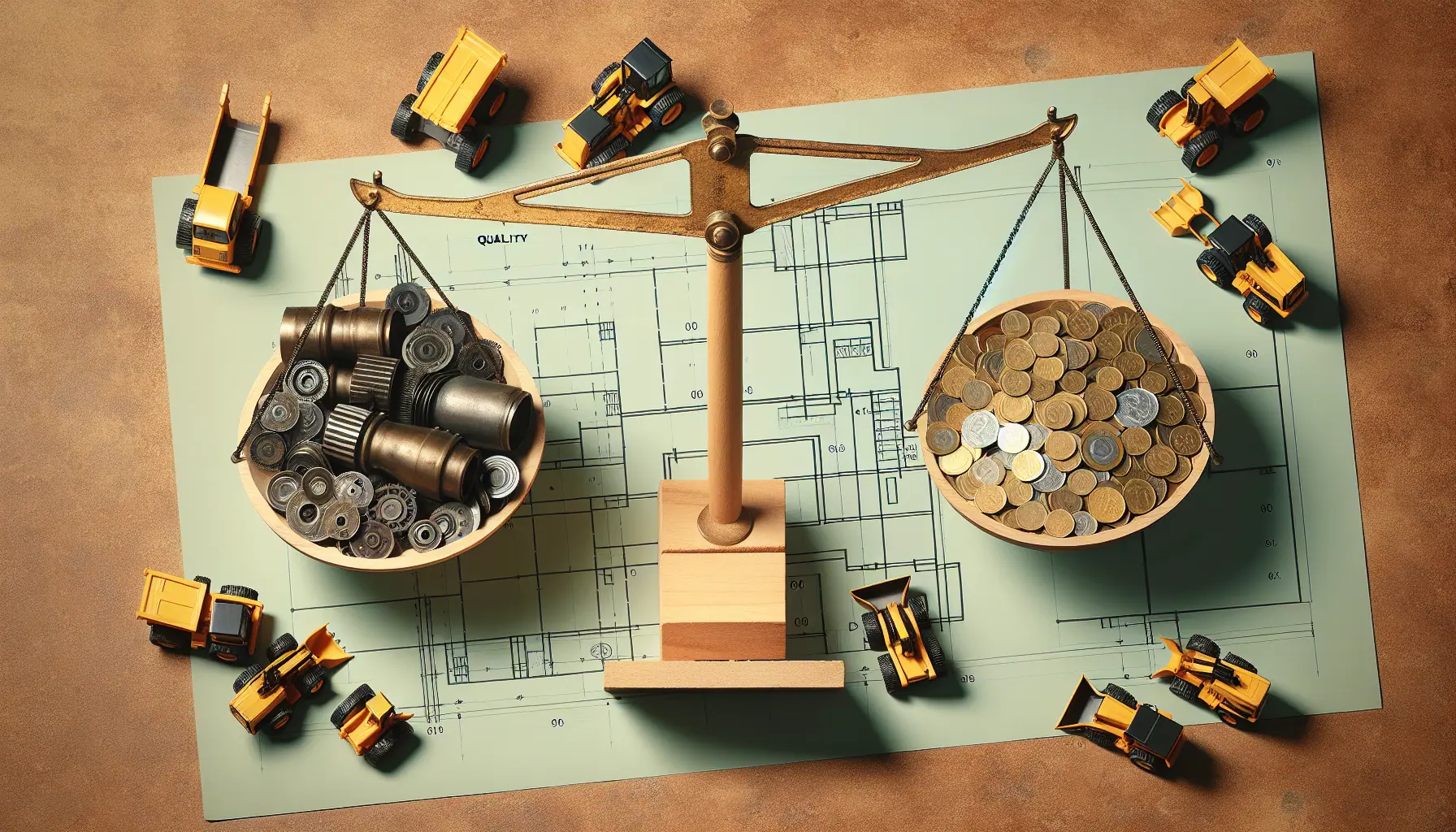
Heavy Machinery Prices: Key Factors in Cost and Quality Balance

Best Construction Heavy Equipment Brands: Pros and Cons
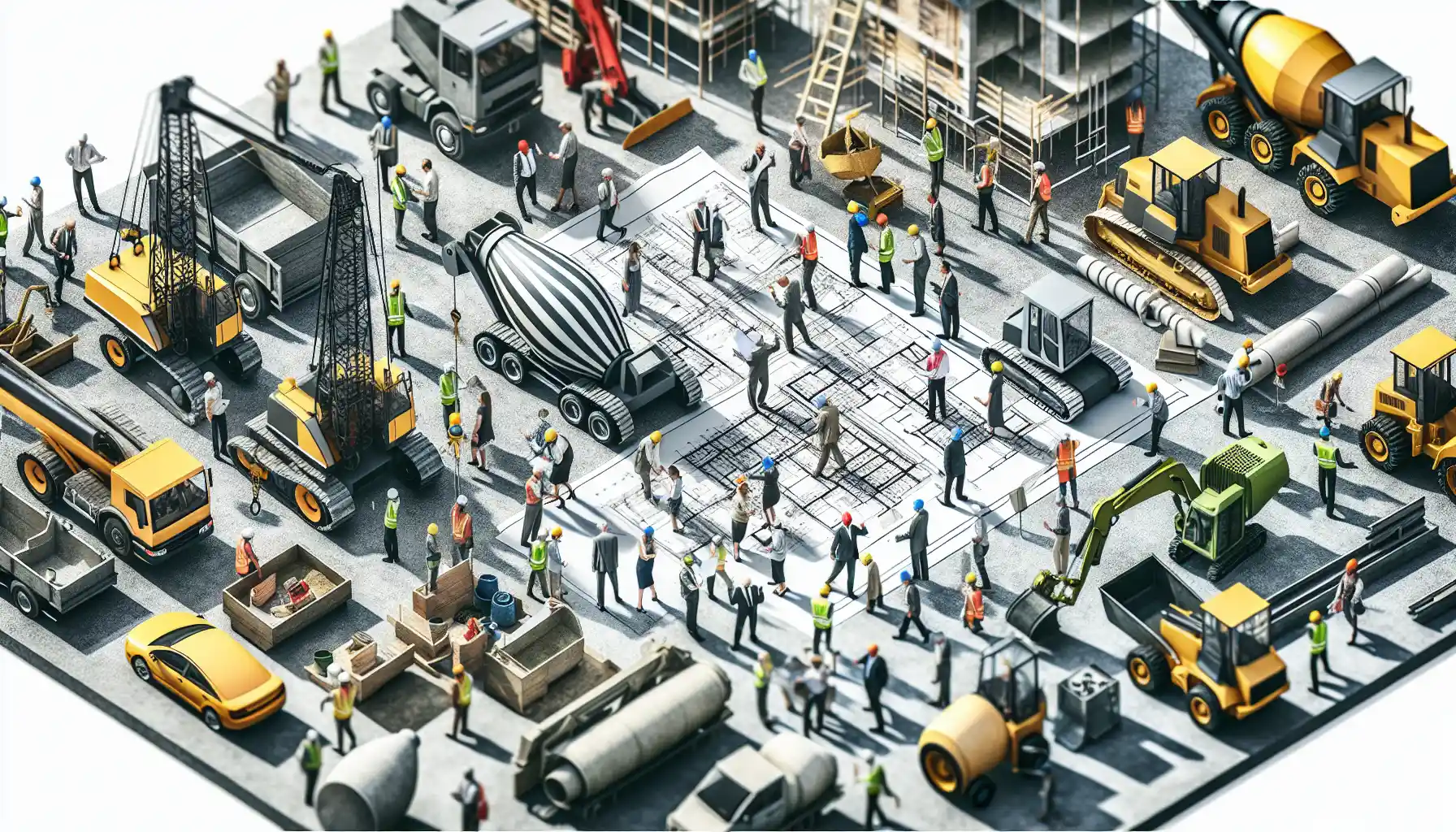
Construction Site Equipment: How to Determine Your Requirements
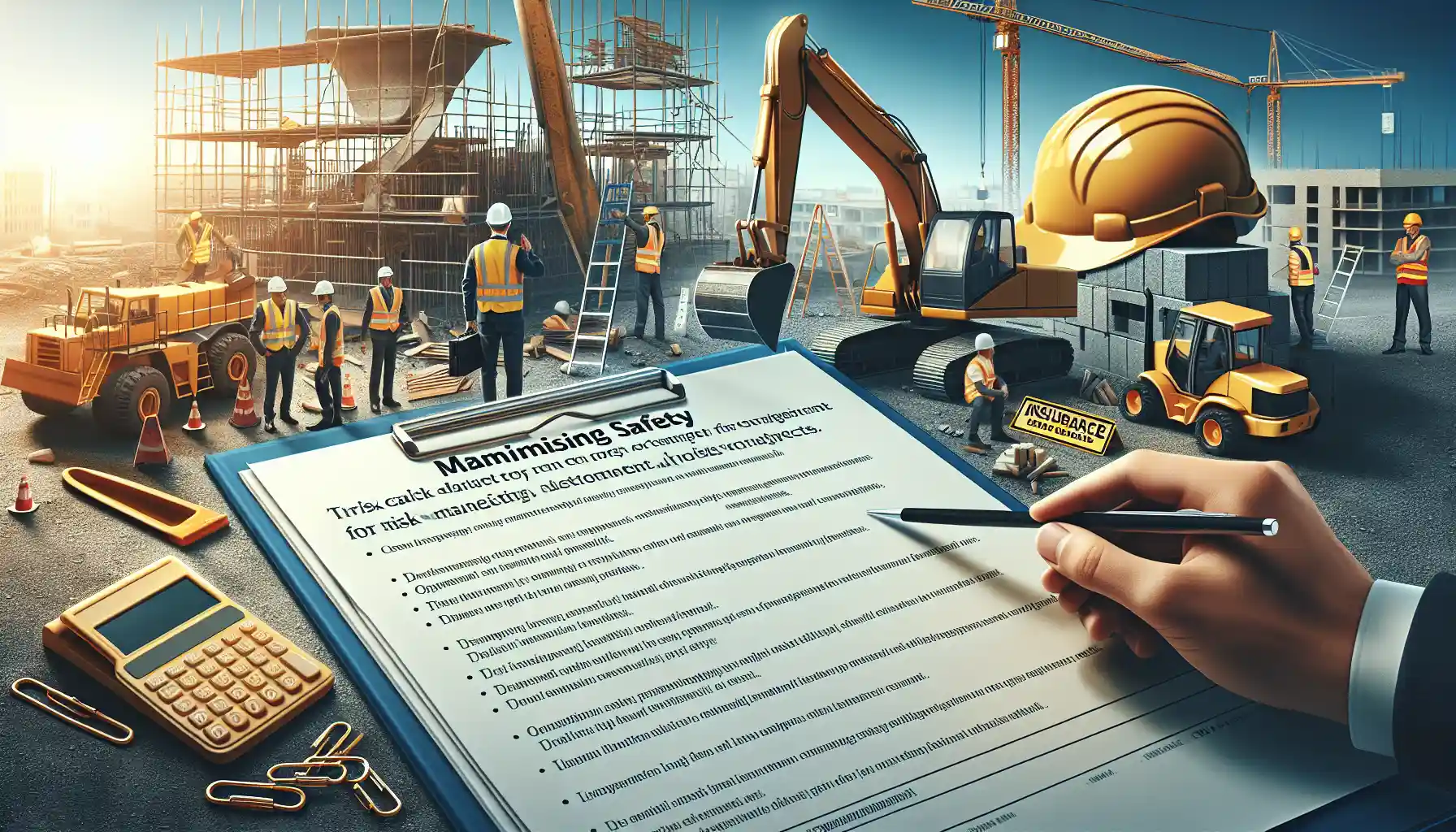
Maximizing Safety: Risk Management for Construction Projects

Innovations in Construction: Transforming Machinery and Equipment
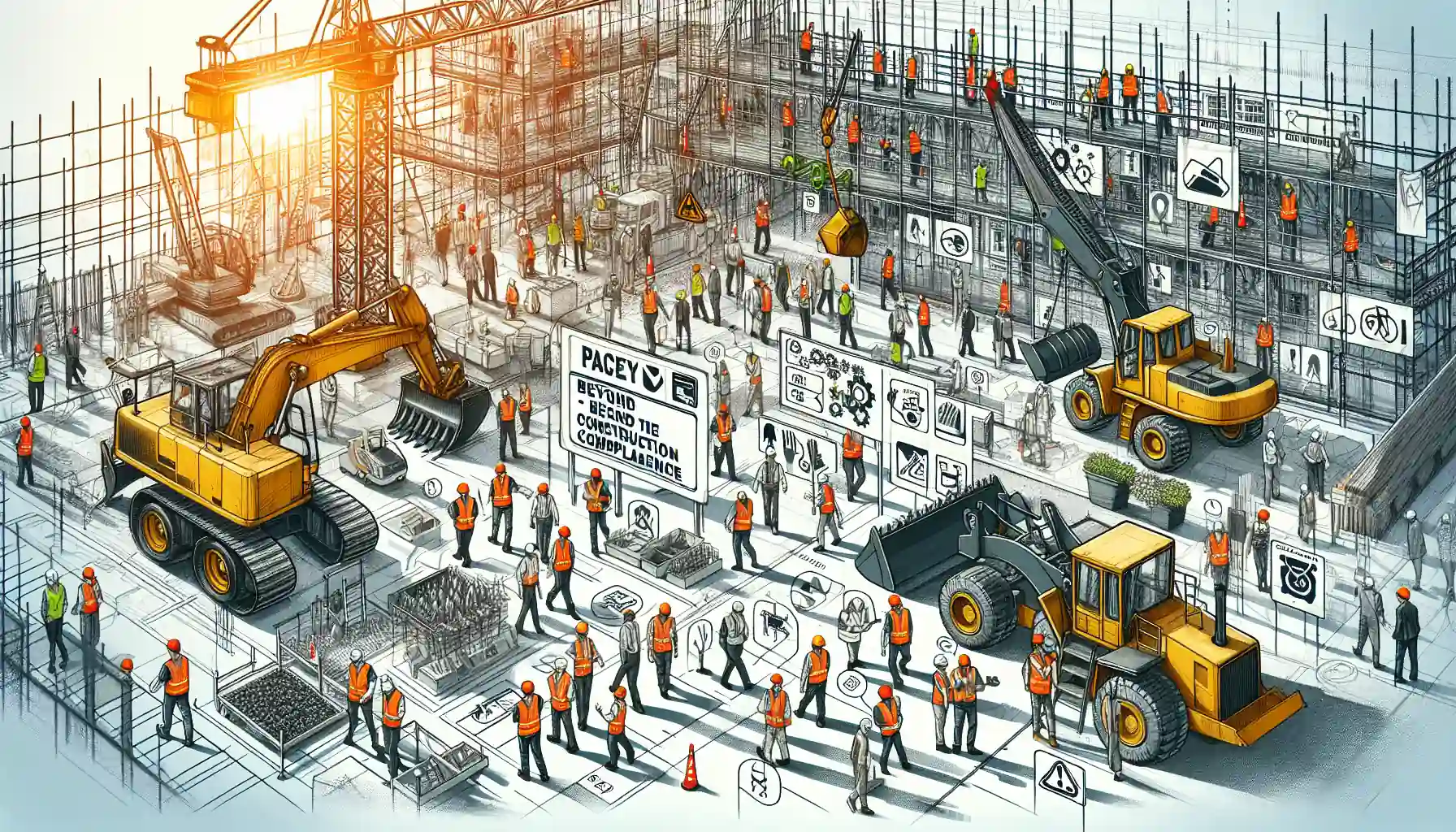
Heavy Equipment Safety: Beyond the Basics in Construction Compliance
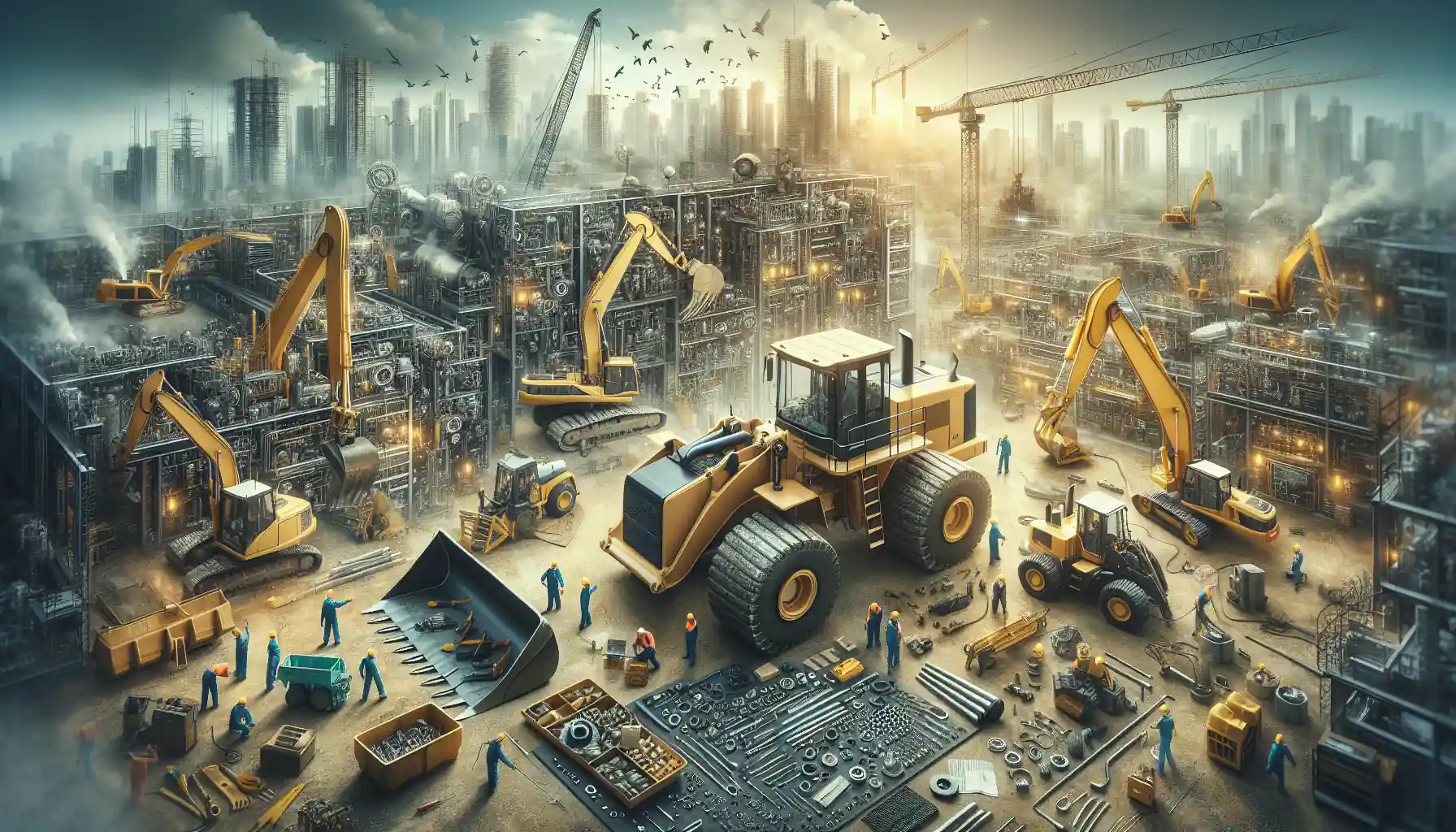
The Essential Handbook for Construction Equipment Repair and Maintenance

How to Efficiently Source Oil and Gas Machinery Parts in NYC

Essential Guide to Sourcing Agriculture Equipment Parts
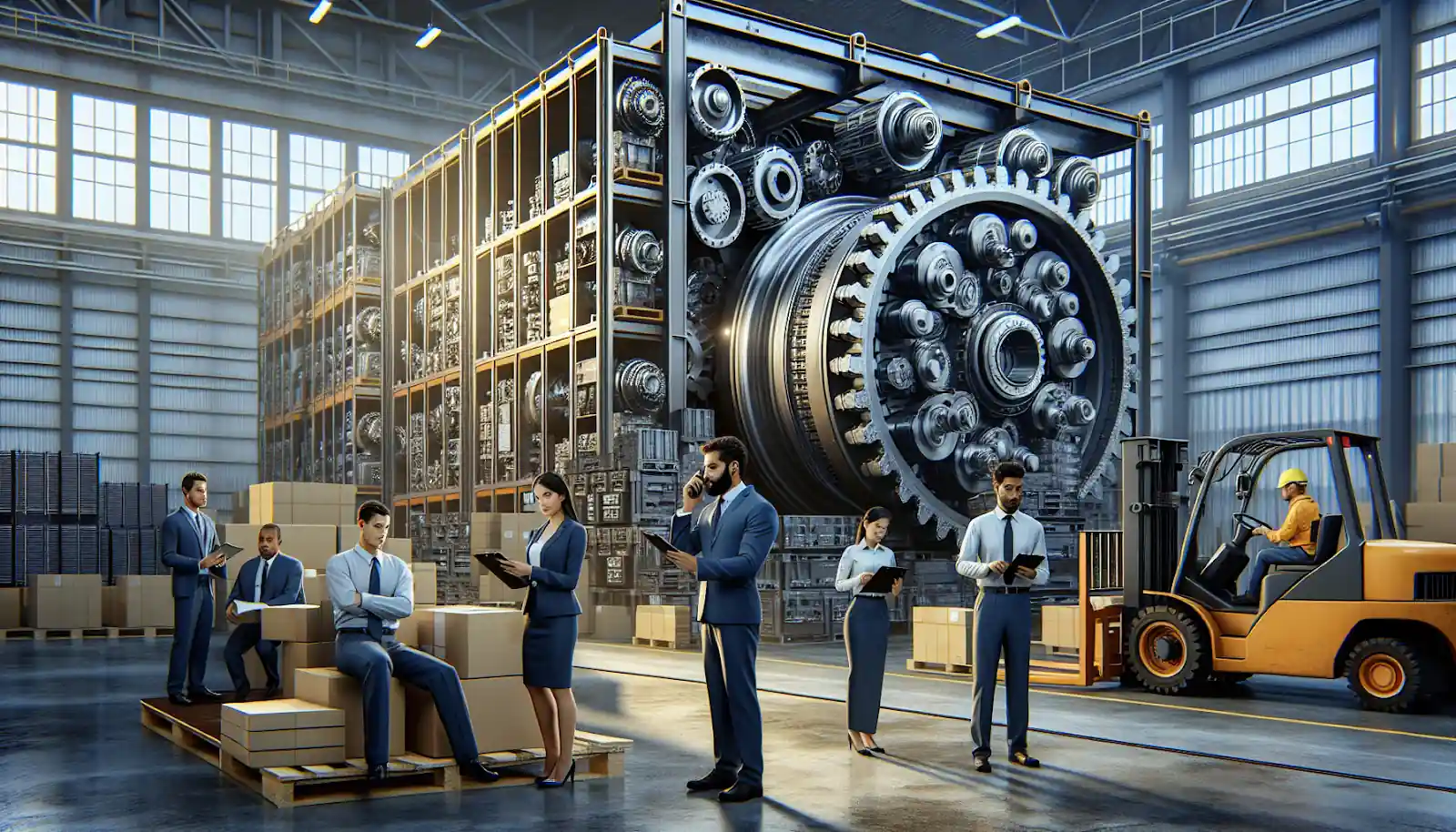
How to Source Mining Machinery Parts: Tips and Strategies
